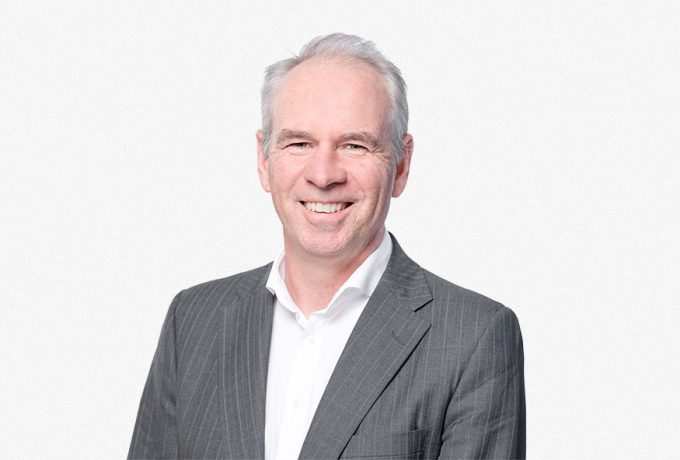
In February 2022, we surveyed senior professionals at not-for-profit organisations to develop a deep understanding of the sector. In this article, you’ll discover the top challenges for NFPs in attracting and retaining the right staff in the next three to five years, plus seven ways to tackle these challenges.
Survey findings at a glance:
- 75% say attracting and retaining staff is a key challenge
- 58% of NFPs monitor organisational culture
- 28% monitor via informal observations and discussions
People and culture
While 75% of NFPs identified talent attraction and retention as a key challenge in the next three to five years, nearly half said they do not monitor organisational culture, a key consideration that impacts retention and staff engagement.
Large and medium sized NFPs indicated remuneration as their top Human Resources (HR) challenge with non-wage-based incentives as the second biggest challenge. Smaller-sized NFPs expressed attracting and retaining volunteers as their top HR challenge.
Talent attraction and retention is a challenge currently being experienced across Australia in all sectors. With record low unemployment figures (and further falls expected), combined with high job vacancy rates, experts are warning of major workforce shortages.
Video: Partner Cheryl Mason talks on talent attraction and retention for NFPs.
Like many businesses, NFPs also let go of both staff and volunteers during the early stages of the pandemic.
This was then compounded in more recent times when government requirements, such as being vaccinated when working with the vulnerable resulted in some staff being unable to continue in their roles. However, this problem is not new.
The sector faces high staff turnover and given the challenges faced by organisations during COVID-19, many workers have been tempted to leave their current jobs due to staff shortages and exhaustion.
Interestingly, staff in the NFP sector are much more likely to be employed part-time or casually than in full- time arrangements.
As people return to workplaces following the pandemic, many are reconsidering how, where and why they work. This questioning of personal purpose has been particularly evident internationally, and if replicated domestically, the NFP sector may see talented people looking for new positions and wanting to work for purpose-driven organisations.
This will provide an opportunity for NFPs to attract new employees, and could assist in retaining their existing employees, if they can embrace flexibility, provide meaningful incentives and salaries that are competitive.
Many will observe with interest how the NFP sector responds, as wages and salaries have been an ongoing challenge for some time.
It will be important for NFPs to continue to build a strong culture that supports the mission, vision and values as this will also influence growth and motivation in the future.
Given the priority NFPs place on staff retention, it was surprising to see only just over half the organisations monitor organisational culture.
Of the approaches utilised, two formal mechanisms were most commonly used, staff surveys (28%) and performance reviews (25%). Informal mechanisms of observation and conversation were also used (28%), however this may not always yield measurable and actionable insights.
This is where more employee engagement and the creation of feedback loops can be an important tool to help enhance staff retention.
It is important for NFPs to understand what current employees value to ensure remuneration and incentives are designed around this feedback and to ensure retention of the current workforce.
What it means for you:
The approach for 2022 will focus on ensuring COVID-19 safe workplaces, work flexibility that allows a mix of home and workplace arrangements, and the re-engagement of volunteers.
When considering HR challenges, NFPs should:
- Understand what current employees value (via surveys or other means) to ensure remuneration and incentives are designed around this feedback and to ensure retention of the current workforce.
- Develop a clear and concise Employee Value Proposition Statement (with elements comprising compensation, work-life balance, values, etc.).
- Consider the type of employment arrangement, as there is currently a market trend towards more secure employment. However, to attract employees to your organisation it will need to be flexible and aligned to mutual
- Hire for the job at hand and knowing the competencies This will result in decision making around insourcing/outsourcing functions, core/non-core roles and modifying the arrangements to suit.
- Ensure prompt decision making and communication of the outcome of recruitment processes, otherwise, potential employees will no longer be available.
- Balance the needs of multi-generations working alongside each other, recognising that each has different expectations of their employer, communication styles There will be the need to balance new ideas with the status quo.
- Embrace a hybrid model of working remotely and in the office – this will require innovative practices to on-board, performance manage, collaborate and communicate. Options will also need to be determined regarding career advancement and flexibility to modify their career paths.
Return to the not-for-profit survey insights hub here.










